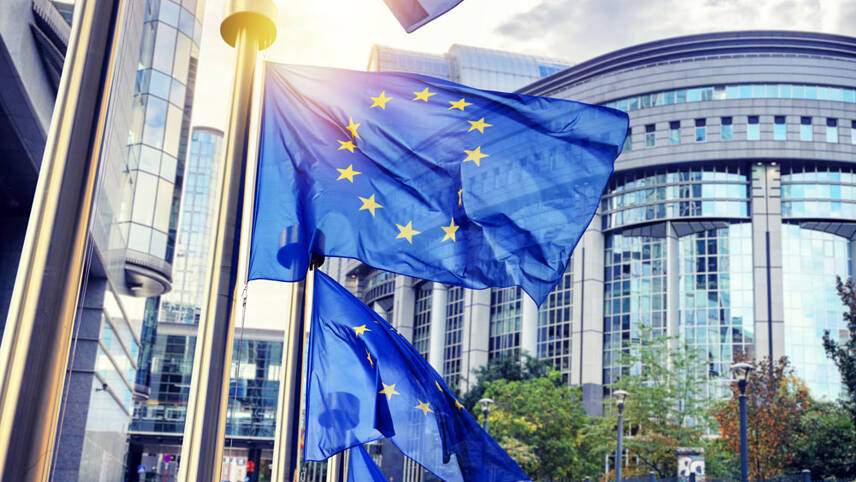Register for free and continue reading
Join our growing army of changemakers and get unlimited access to our premium content

Manufacturers of banned goods will be required to remove them from the EU market.
Under the new regulation, EU member states and the European Commission will be able to investigate suspicious goods, supply chains and manufacturers, and products identified as manufactured through forced labour will be barred from sale within the EU market, with shipments halted at borders.
These decisions will rely on factual data from international organisations, cooperating authorities and whistle-blowers, considering various risk factors such as state-imposed forced labour in specific sectors and regions.
Manufacturers of banned goods will be required to remove them from the EU market, opting for donation, recycling, or destruction. Additionally, non-compliant companies could face fines.
An option to re-enter the EU market will be made possible once forced labour is eradicated from supply chains.
A spokesperson from the International Trade Committee said: “This is a historic day. We have adopted a ground-breaking piece of legislation to combat forced labour worldwide.
“This regulation fosters EU and international cooperation, shifts power from exploiters to consumers and employees, and offers possibilities for remedy for victims.”
The text now needs to receive a definitive approval from the EU Council before being published in the Official Journal. Following publication, EU member states will be required to start its implementation within a three-year timeframe.
Last month, the International Labour Organisation (ILO) revealed that annual profits derived from forced labour in the private sector reached a record $236bn in 2023, marking a 37% increase since records began in 2014.
The CSDDD receives greenlight
In conjunction with the prohibition on forced labour goods, the European Parliament has granted final approval for the CSDDD, mandating companies and their partners across supply chains to prevent, cease, or alleviate their negative influence on human rights and the environment.
This encompasses issues such as slavery, child labour, labour exploitation, biodiversity depletion, pollution and the degradation of natural resources.
Initially, the CSDDD aimed to encompass all businesses larger than the EU’s definition of a small or medium-sized enterprise (SME), which includes firms with fewer than 250 employees and an annual turnover of €50m or less.
However, due to resistance, the scope has now been restricted to companies with 1,000 or more employees and an annual turnover of €450m or more.
Additionally, a provision allowing trade unions to take legal action against non-compliant firms has been removed, and the directive’s obligations concerning corporate waste management have been scaled down.
Dutch politician and Member of the European Parliament Lara Wolters said: “This law is a hard-fought compromise and the result of many years of tough negotiations.
“I am proud of what we have achieved with our progressive allies. In Parliament’s next mandate, we will fight not only for its swift implementation, but also for making Europe’s economy even more sustainable.”
The directive now awaits formal endorsement by the Council, followed by signing and publication in the Official Journal. It will become effective twenty days after publication, with member states given two years to enact the new rules into their national laws.
New EU rules to tackle packaging waste
In a legislative overhaul, the European Parliament has also passed new measures aimed at enhancing packaging sustainability and reducing packaging waste in the EU.
The rules, provisionally agreed upon with the Council, set targets for packaging reduction (5% by 2030, 10% by 2035, and 15% by 2040) and mandate EU countries to decrease plastic packaging waste.
Additionally, to curb excessive packaging, a maximum empty space ratio of 50% is established for grouped, transport and e-commerce packaging, with manufacturers and importers obliged to minimise packaging weight and volume.
Certain single-use plastic packaging types, including those for unprocessed fresh fruit and vegetables will also be banned by 1 January 2030.
The measures also establish minimum recycled content targets for plastic packaging and minimum recycling targets for packaging waste by weight.
By 2029, 90% of single-use plastic and metal beverage containers up to three litres will need to be separately collected through deposit-return systems (DRS) or similar solutions to meet collection goals.
The Council needs to formally approve this agreement as well before it can enter into force.


Please login or Register to leave a comment.